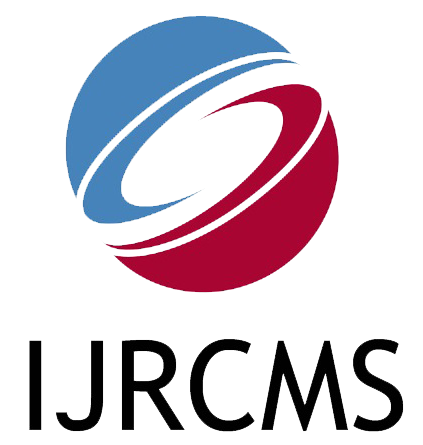| Title: ECONOMIC EFFICIENCY OF SMALL-SCALE IRISH POTATO FARMERS IN NIGERIA AND KENYA UNDER THE POTATO INITIATIVE AFRICA PROJECT |
| Authors: Hudu, M. I., Abdulsalam Z., Ojeleye, O. A. and Omokore, D. F. |
| Abstract: The study assessed the economic efficiency of small-scale Irish potato farmers in Plateau State, Nigeria, and Nyandarua County, Kenya. Multi-stage sampling procedure was adopted to select respondents in the study locations in both countries. A total of 295 small-scale Irish potato farmers were interviewed, 188 from Nigeria and 107 from Kenya. In both countries, however, farmers interviewed were beneficiaries of the Potato Initiative Africa Project. Data were subjected to stochastic frontier analysis to obtain the results of the study. Production efficiency measurement informs investors on the efficiency of input utilization based on a given output. Efficiency is further grouped into technical, allocative, and economic efficiencies. Technical efficiency measures the effect of the inputs on a given output and other factors that might affect efficiency. Allocative efficiency measures the cost effect on the total monetary value of the output and finally, economic efficiency gives the overall efficiency of a given farmer. The study infer that farmers in both countries have some level of inefficiencies which was seen to be added by some of their demographic variables. Inefficiencies were seen to also exist among farmers in both countries with respect to production input usage. In Kenya, the use of agrochemicals was seen to have significantly and positively affected Irish potato output. The study recommends that Farmers in Nigeria are encouraged to copy from farmers in Kenya and adopt an integrated disease management system. |
| Keywords: Nigeria, Kenya, Allocative, Technical, Economic, Efficiency |
| DOI: https://doi.org/10.38193/IJRCMS.2023.5606 |
| PDF Download |
International Journal of Research in Commerce and Management Studies (IJRCMS)
ISSN 2582-2292, An open access bi-monthly e-journal
